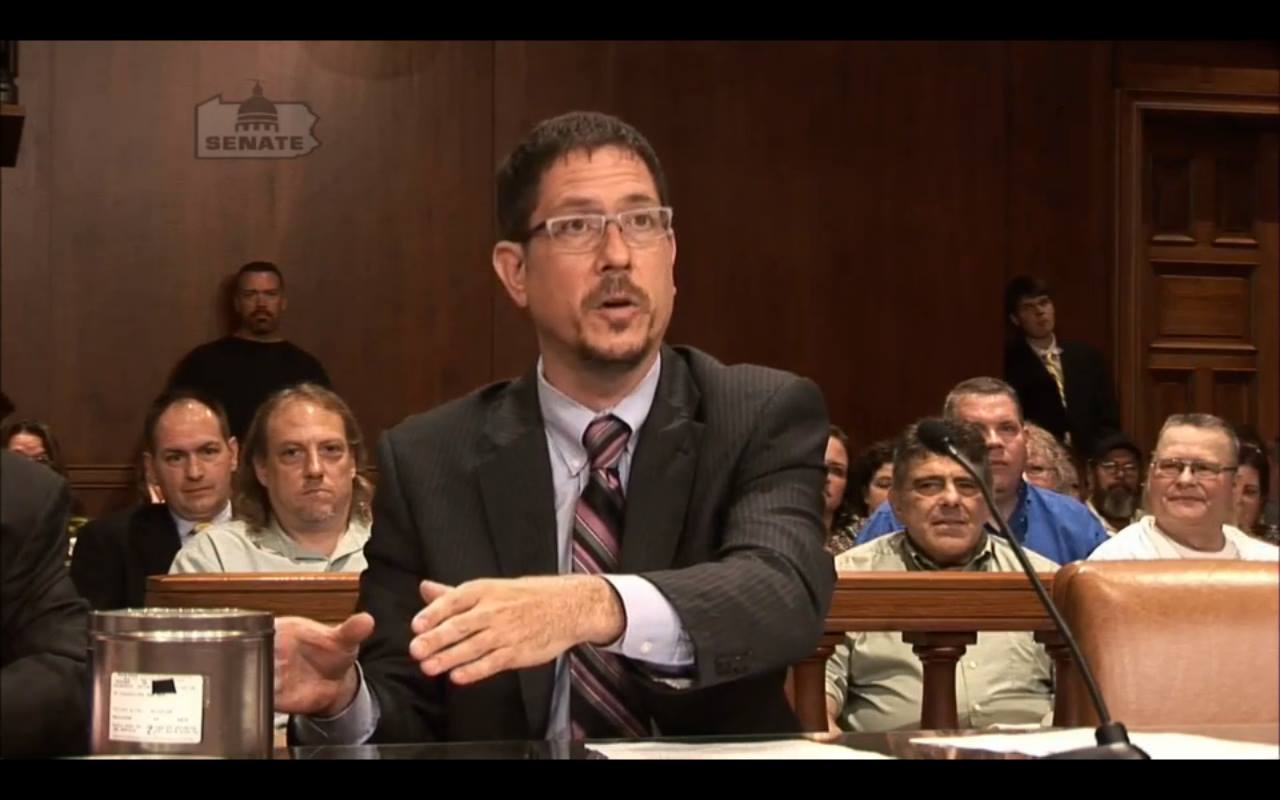Demystifying the Process of Federal Appeals: What You Need to Know
Navigating the intricate world of federal charms can commonly appear like going across uncharted waters for those not familiar with the process. Comprehending the nuances of appellate court jurisdiction, the intricacies of filing a notification of charm, providing an engaging brief, and making a persuasive oral disagreement are vital elements that can significantly influence the outcome of a case. By unwinding the layers of intricacy bordering government allures, people can get a more clear insight into the systems that govern this vital stage of the legal system.
Comprehending Federal Appeals Refine
Exploring the complex world of the government charms process unveils a structured and systematic journey via the judicial system. Federal allures function as a vital system for examining decisions made by lower courts. Recognizing this procedure is vital for anybody involved in lawful procedures at the federal degree.
The procedure usually begins with an event disappointed with a lower court's judgment filing a notification of allure. This sets off a review by a greater court, where a panel of judges assesses the lawful arguments offered by both celebrations. Briefs outlining the lawful reasoning behind each event's setting are submitted, and dental arguments might be heard to clarify intricate issues.
The appellate court's choice is based on a comprehensive evaluation of the lower court's procedures and the disagreements provided. The courts do not review realities yet concentrate on whether lawful mistakes happened that impacted the lower court's decision. When the appellate court reaches a decision, it can affirm, reverse, remand, or change the reduced court's judgment, supplying clearness and finality to the lawful conflict. Comprehending this process is vital for navigating the intricacies of government charms successfully.
Appellate Court Territory Discussed
Appellate court territory refers to the scope of instances that a particular appellate court has the power to assess and choose upon. Unlike test courts that hear instances for the first time, appellate courts are restricted to reviewing choices made by reduced courts.
Appellate courts have jurisdiction over details sorts of situations, generally those including lawful errors, step-by-step concerns, or questions of regulation instead of accurate disagreements. The jurisdiction of appellate courts is typically laid out in statutes and legislations that control the court system. Recognizing appellate court jurisdiction is vital for events associated with the charms procedure as it determines whether a case is eligible for evaluation and the level to which the appellate court can intervene in the lower court's decision.
Filing a Notification of Allure
The initial step in beginning the federal charms procedure entails submitting a Notice of Appeal with the suitable appellate court. This important record officially alerts the court and the other parties involved in the case that the appealing celebration means to seek an evaluation of the lower court's choice. Filing a Notice of Charm is a stringent procedural demand that establishes the appellate process moving.
When preparing the Notification of Allure, it is necessary to guarantee conformity with the specific rules and standards of the appropriate appellate court. federal appeal attorneys. The file should normally include info such as the case name, the lower court's name, the date of the judgment being appealed, and a concise statement indicating the grounds for the allure

Instruction and Dental Disagreement
In the appellate process, presenting composed briefs and engaging in oral arguments play critical functions in supporting for the appealing event's position prior to the appellate court. Briefs are comprehensive legal files that lay out the parties' debates, lawful authorities, and evaluation supporting their settings. These written submissions offer the court with an in-depth understanding of the facts of the instance, the relevant legislation, and why the appealing celebration thinks the lower court's decision need to be overturned.
Following the entry and evaluation of the briefs, oral arguments offer the parties a possibility to additional clarify their settings, address any concerns the appellate judges may have, and highlight key points from their written briefs. Dental debates are a chance for the attorneys to persuade the judges with spoken advocacy and reactions to queries from the bench.
Both the composed briefs and oral debates are important components of the appellate procedure, enabling parties to provide their instance thoroughly and compellingly prior to the appellate court. - federal appeal attorneys
Receiving the Appellate Court Decision
The appellate court's decision is usually supplied in a created style and describes the court's conclusions on the legal issues provided, the reasoning behind their decision, and the judgment provided. The time frame for getting the appellate court's decision can differ, but courts make every effort to offer prompt resolutions. Whether the appellate court attests, reverses, or remands the lower court's choice, understanding the implications of the judgment is crucial for all celebrations included in the appellate procedure.
Conclusion
Understanding the appellate court jurisdiction, filing a notice of appeal, preparing briefs, and offering dental debates are all essential parts of this procedure. Inevitably, getting the appellate court choice can offer quality and resolution to lawful conflicts.
As we advance from comprehending the federal appeals procedure to studying the details of appellate court territory, an essential aspect comes to light regarding the authority and limits of these greater courts in the lawful landscape. Appellate court jurisdiction refers to the scope of instances that a certain appellate court has the power to choose and evaluate upon. Unlike test courts that listen to situations for the first time, appellate courts are restricted to examining decisions made by lower courts. Recognizing appellate court jurisdiction is essential for events included in the appeals procedure as it figures out whether a situation is qualified for evaluation and the extent to which the appellate court can interfere in the lower court's choice.

Comments on “Why Choose Federal Appeal Lawyers: Proven Techniques for Effective Appeals”